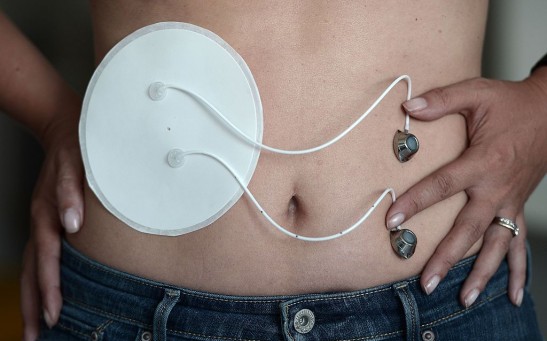Diabetes

Nanomaterial for Better Insulin Effects; New Approach to Effectively Treat Type 1 & 2 Diabetes

Gestational Diabetes Linked to Chronic Cardiovascular Outcome Later in Life

Obesity, Kidney Disease More Likely to Occur in People with Type 1 Diabetes

Diabetes Improvement: Researchers Reveal How Bilberries Help Lower Blood Sugar Levels
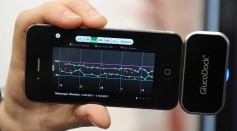
‘Remote Bolusing’ Through Mobile Smartphone Apps Helps Improve Type 1 Diabetes
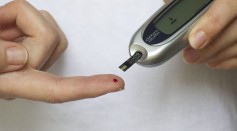
7 Unusual Symptoms of Diabetes: Early Detection Could Help Avoid Serious Complications

Birth Defects From Maternal Diabetes May Still Occur Even With Insulin, Regular Blood Sugar Check

Diabetes Care: 5 Tips for Diabetics to Stay Healthy This Monsoon Season
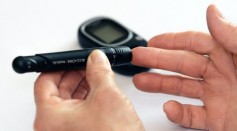
People With Type 1 Diabetes Are Six Times More Likely to Develop Dementia Later in Life
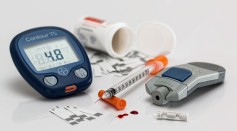
Drug Combination Could Lower High Sugar Levels and Control Weight Gain in Diabetic People

People Who Owns Diabetic Dogs Are 38% More Likely To Have Diabetes, Study

Helmsley Trust Awards $3.5M to Advance Diabetes Study

Excess Egg Consumption Increases Risk of Diabetes

November is Diabetes Awareness Month: Stop Prediabetes From Becoming Diabetes
Most Popular

How Technology Is Changing the Real Estate Industry?

AI Revolution in Medical Education: Transforming How Healthcare Professionals Learn

Zombie Star Set to Light Up Night Sky: Blaze Star Could Erupt Soon

Exploring Life Beyond Earth: Study Claims Other Planets Could Be Suitable for Alien Life

